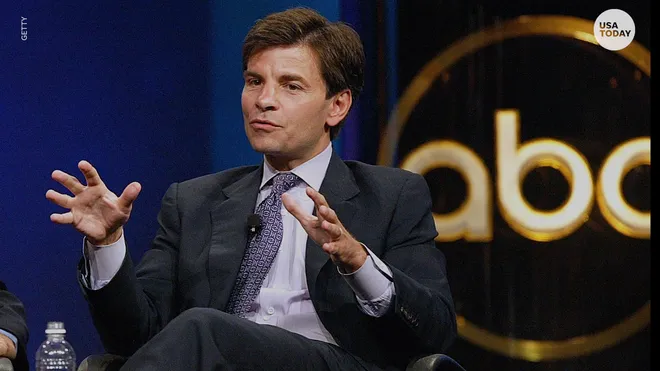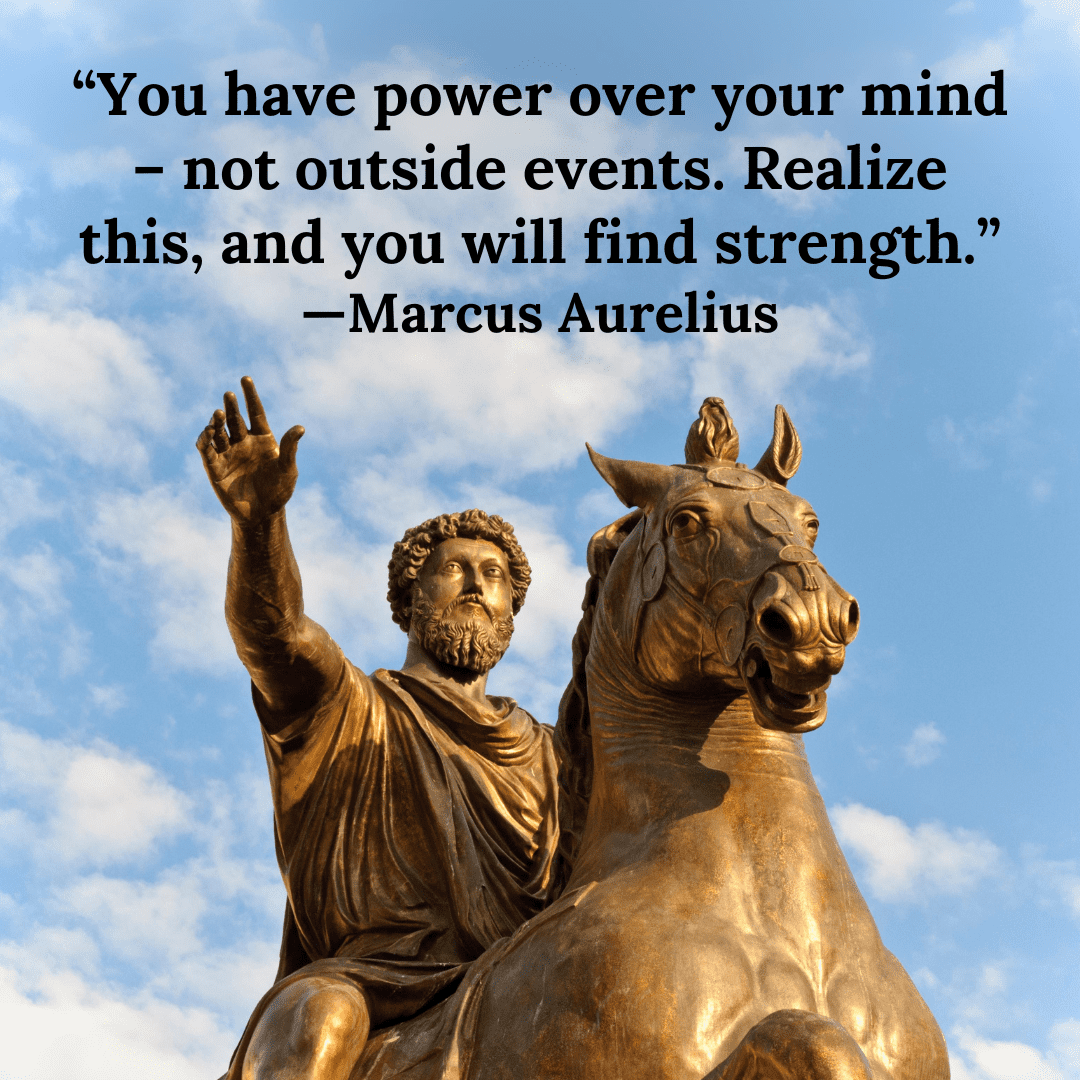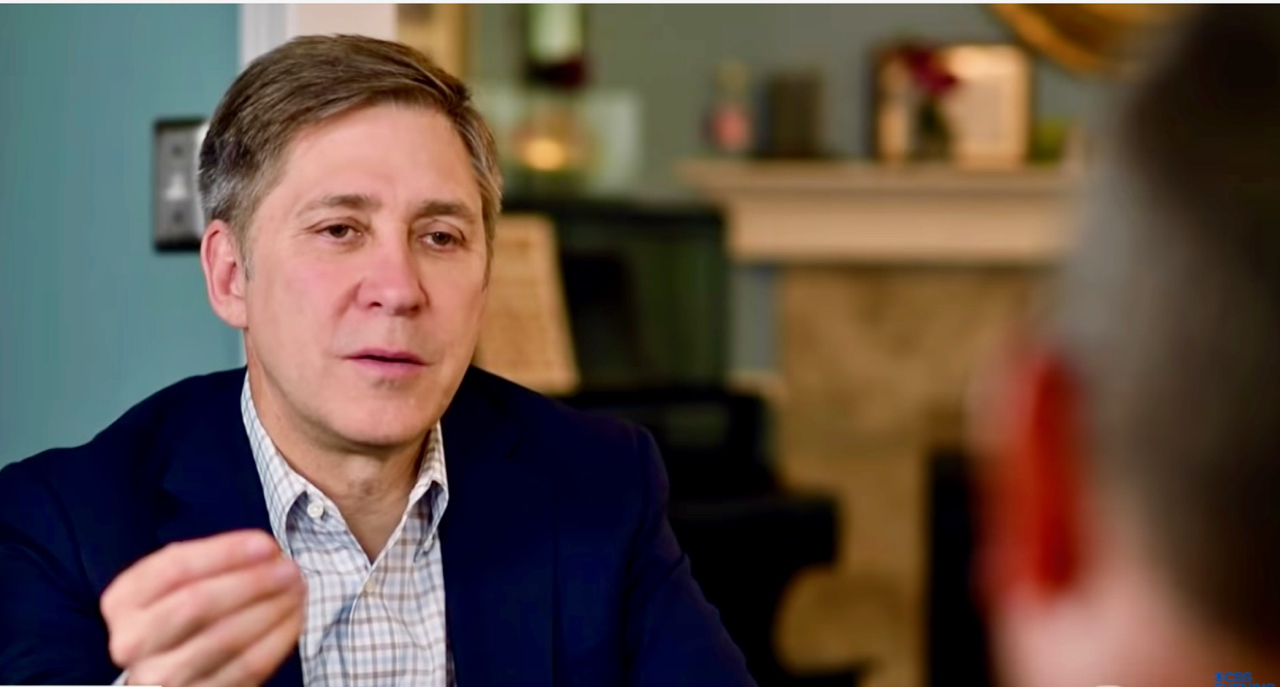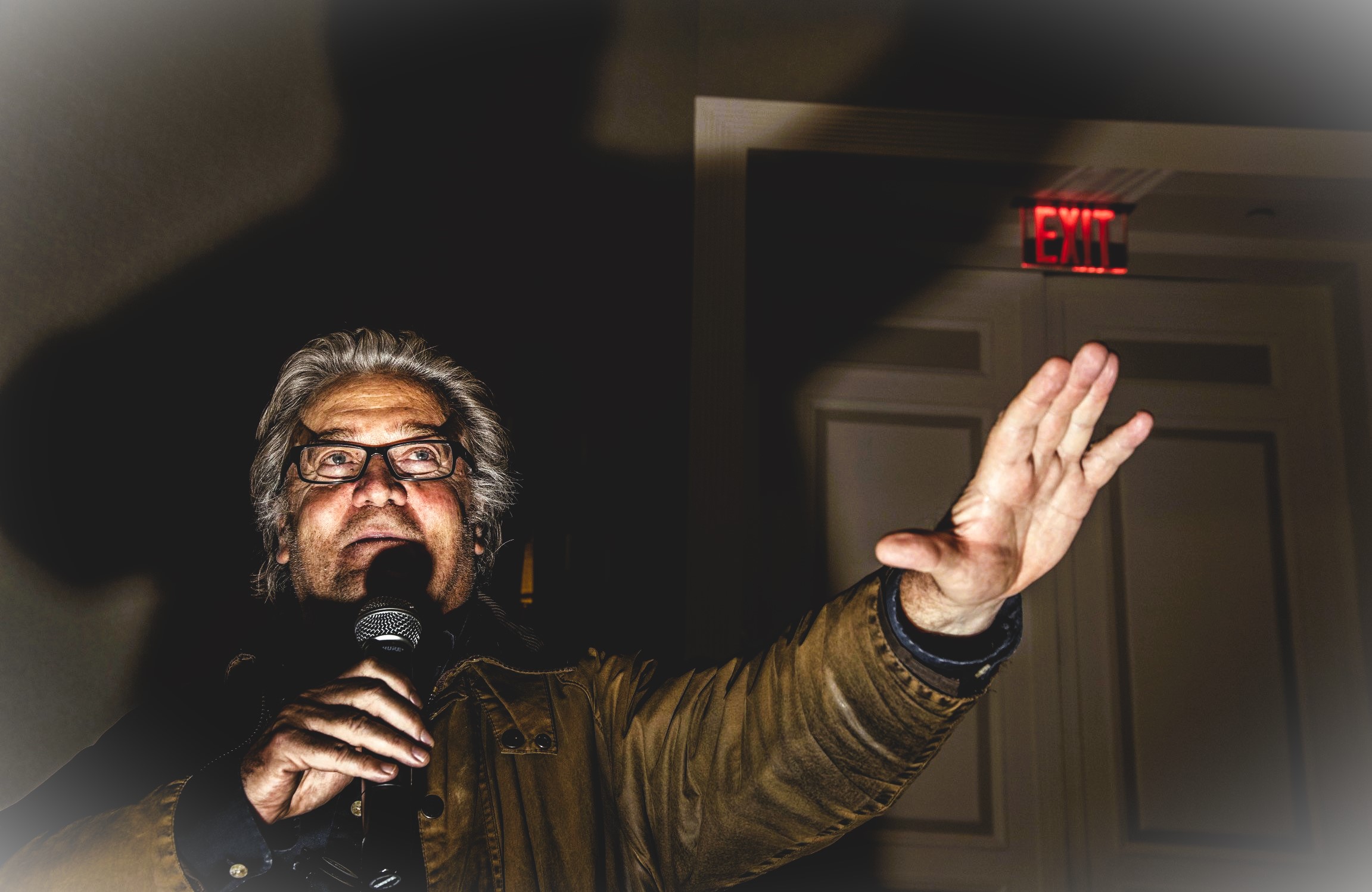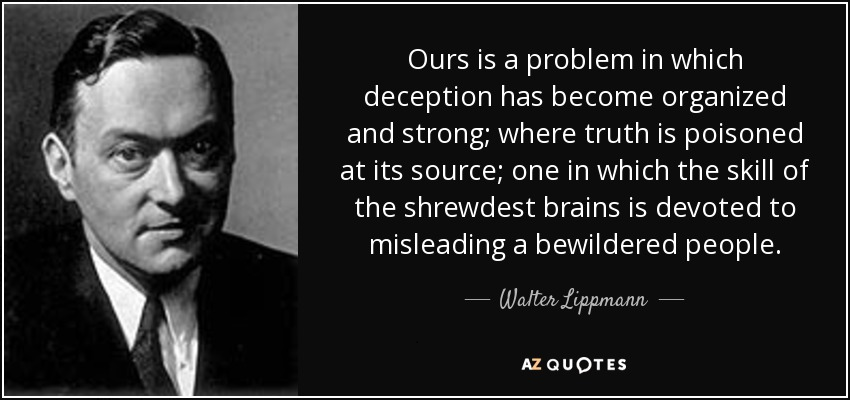
The quote comes from Lippmann’s “Public Opinion” which examines how media, propaganda, and public discussion shape the perceptions and beliefs of the public. My focus, however, is an important question Lippmann raises from another of his books: How Can We Achieve a Good Society?
Published in 1937, Walter Lippmann’s An Inquiry into the Principles of the Good Society feels especially relevant today, given the current state of politics. Lippmann was a standard-bearer of the hope for a better American society, and his insights on leadership and the moral compass that should guide public life are spot on.
An astute observer of the political landscape, Lippmann advised presidents from Woodrow Wilson to Richard Nixon, giving him a unique perspective in examining leadership in times of crisis and change. His understanding of the deep connection between moral leadership and the health of public life continues to ring true. For him, and for us, ethics wasn’t a secondary concern—it was central to the function of a good society.
Inspired by Lippmann’s work, I want to consider how today’s society compares to the ideals of what American society could—and should—be.
Lippmann saw a “good society” as one that balanced freedom with responsibility and moral integrity. It wasn’t just about policies or institutions, but about the values that strengthened them. Today, it feels like we’ve lost much of that balance. We live in a society that often prioritizes individual gain over collective good, and political maneuvering over genuine leadership. Ethics has effectively been pushed to the back of the bus.
Lippmann was a strong advocate for reasoned debate and the importance of informed public discussion. He worried about the dangers of emotional or manipulative rhetoric and believed that a good society should value rational, fact-based discourse over sensationalism. However, I wonder if he could possibly have foreseen the extent to which social media would amplify manipulative tactics, twisting public discussion and undermining reasoned debate.
What can we do to change the narrative?
A good society could be a place where ethics guide our choices—not just in politics, but in everyday life, a place where leaders value honesty, accountability and the rule of law, and compassion over short-term wins. A place where public debate is based on respect and understanding, rather than fear and division. These values are not only well within our reach, they are the foundations of democracy. We just need to choose to embrace them again.
Ethics isn’t just about following rules; it’s about living by principles that build trust and strengthen communities. Honesty, fairness, respect, and compassion aren’t lofty ideals—they’re practical, everyday behaviors that create a society worth living in. And while it’s easy to blame political leaders for ethical shortcomings, we have a responsibility to uphold those same values in our own lives.
A good society isn’t built overnight, and it isn’t built without effort and cooperation. It requires each of us to not only expect more from our leaders but to live by the principles we want to see reflected in society. It’s about holding everyone—leaders and ourselves—accountable to a higher standard, even when it’s difficult or inconvenient. That’s the America Lippmann envisioned—one where ethics and integrity are foundational to democracy, not just a sidebar.
We have the potential to be that society, but it’s up to us to make it happen. The question is: Are we willing to put in the work?
Comments
